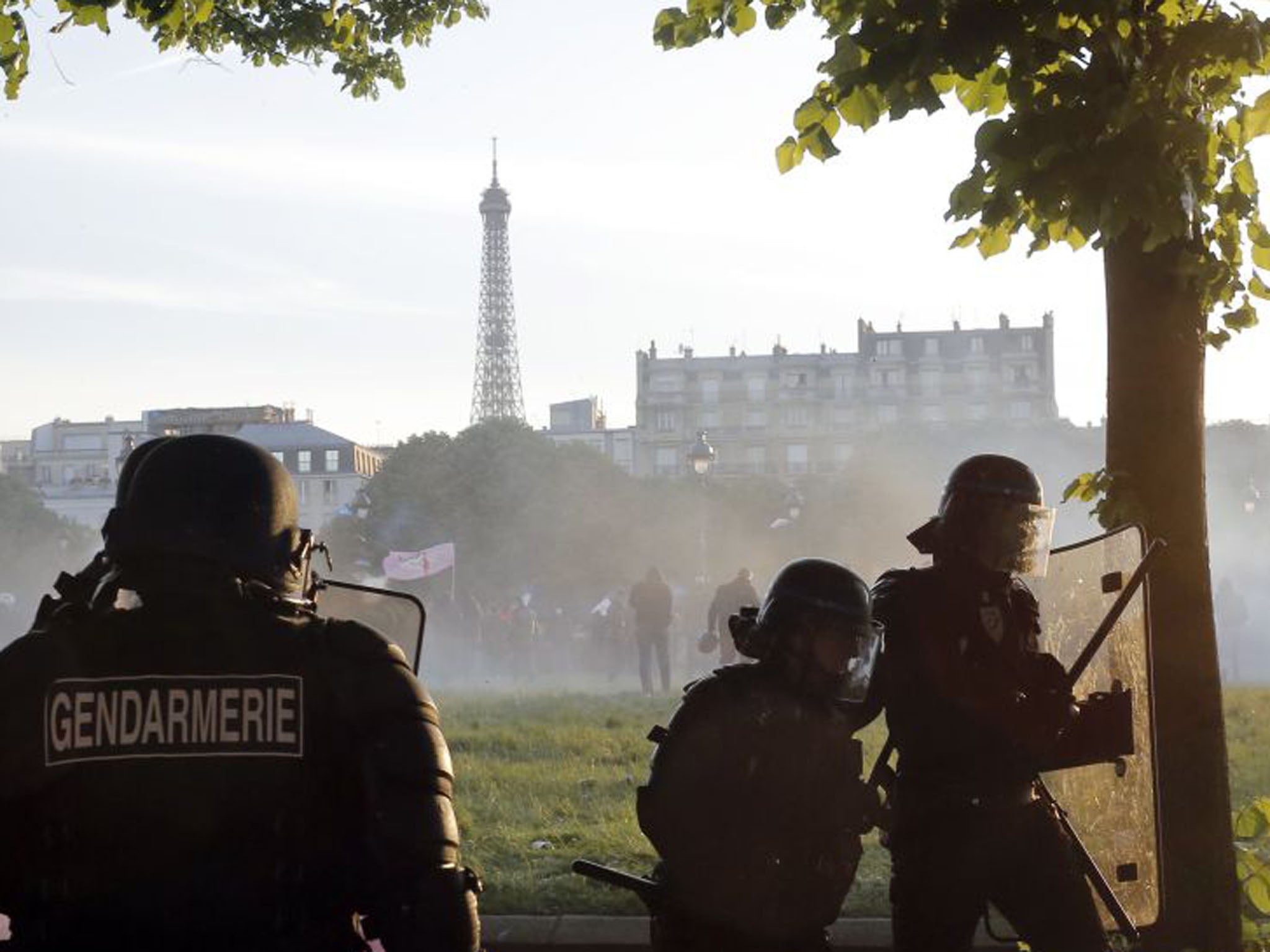The French Intifada by Andrew Hussey: book review

The French Intifada is a catchy book title: It conjures up visions of angry Arab youths throwing stones, burning cars and clashing with police in France’s big-city suburbs. Author Andrew Hussey (Dean of the University of London Institute in Paris) undertakes to give the reasons behind the rage: by linking the story of France’s Arab Muslims to the history of French colonialism in North Africa.
That link, however, is never adequately made. The book offers, at its core, a useful historical overview of Algeria, Tunisia and Morocco during the decades of French domination and beyond. Yet sections on the Arabs of present-day France read like an extended blog: They’re pithy, full of cliches and random anecdotes, and thinly documented. No attempt is made to give a representative picture of French Arabs as a subsection of the population; nor is there even a brief history of North African migration.
It is with these haphazard contemporary passages that the book opens. Hussey begins by describing how he stepped off a train at Paris’s Gare du Nord station in March 2007, only to find himself caught in a violent standoff between police and youths from the banlieues (the suburbs). In Chapter 2, he shares his personal observations on the Arab community in Lyons, where he once lived. Beyond that, French Arabs are shown in a criminal context: crowding prison cells, or killing Jews in isolated and widely reported episodes. There is no mention of the vast majority who lead quiet, ordinary lives. The book ends up reinforcing widespread British prejudices (including the author’s own) about France as a lousy place for immigrants.
The chapters on France contain inaccuracies, too. In one, Hussey writes that he doesn’t “know a single Jew who lives in the banlieues.” Had he spent time in the suburb of Sarcelles - mentioned in the very same paragraph - he may have discovered that 15 percent of the population is Jewish.
The book does add value by providing useful potted histories of Algeria, Tunisia and Morocco: the decades of French domination, followed by one-party or one-man rule, followed by a deadly civil war (in Algeria’s case) and a tumultuous transition to democracy (in Tunisia’s case).
If only The French Intifada had shown as much insight into the reality in France itself. Perhaps Hussey ought to change the title - or tackle the topic properly in another book.
Join our commenting forum
Join thought-provoking conversations, follow other Independent readers and see their replies
Comments